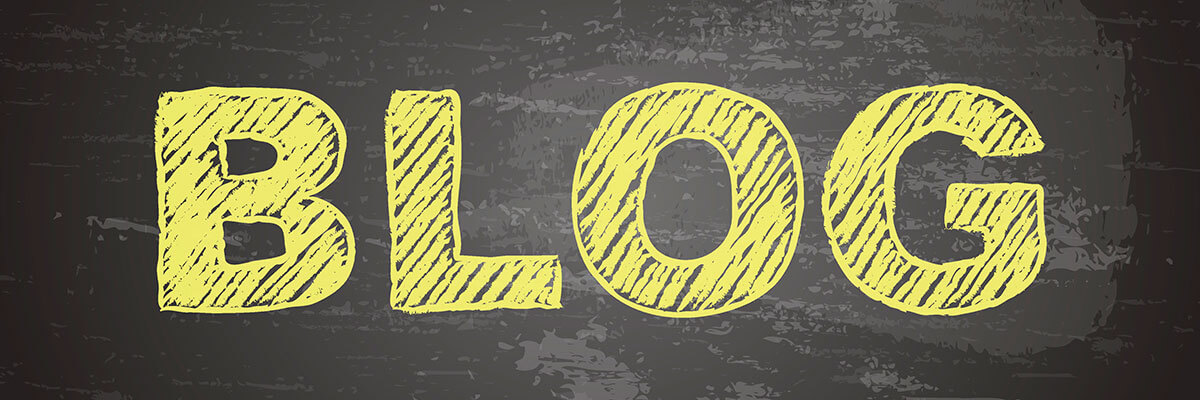Follow-up
Follow - up is critical. It is an opportunity to build upon your first impression. Many companies wait for your follow - up, and eliminate anyone who fails to do so.
Collect Business cards; give them your card. If you are not employed, have a generic card printed with your contact information. Take notes related to the job duties and major points discussed.
If another interviewer enters the room during the interview, stand and introduce yourself.
AFTER THE INTERVIEW
Critique your performance immediately after the interview. Make additional notes on important points and answers requiring strengthened explanations. Write the interviewer within the first twenty-four hours. You may fax or e-mail if appropriate, but also mail a hard copy on quality paper.
FOLLOW - UP LETTER (very important)
One typed page expressing appreciation for their time and restarting your interest in the job with a brief recap of how your qualifications meet the needs of the company. Close with another statement of your strengths, your belief that you will call at a specific time to follow-up on the process. Asking for the job is not only appropriate, it is a must! Mail this letter the same day if possible.
FOLLOW - UP FAX, E-MAIL OR TELEPHONE CALL:
- 1. Must be done within 24 hours of the interview, but others may follow at appropriate intervals to determine progress.
- 2. Phone calls must be planned and organized just like a letter or an interview. Write a script and keep it short and business-like.
- 3. When you have sent a follow-up and have not heard back for a week or two, a follow-up fax or brief note may generate some interest or an answer about whether you are still a candidate.
- 4. When you have received another job offer, and a company you have not heard from is your number one choice, a call will let them know of another pending offer.
- 5. If something affecting your application has changed, and you want to make the company aware, a telephone call or brief note should be sent.
Collect Business cards; give them your card. If you are not employed, have a generic card printed with your contact information. Take notes related to the job duties and major points discussed.
If another interviewer enters the room during the interview, stand and introduce yourself.
AFTER THE INTERVIEW
Critique your performance immediately after the interview. Make additional notes on important points and answers requiring strengthened explanations. Write the interviewer within the first twenty-four hours. You may fax or e-mail if appropriate, but also mail a hard copy on quality paper.
FOLLOW - UP LETTER (very important)
One typed page expressing appreciation for their time and restarting your interest in the job with a brief recap of how your qualifications meet the needs of the company. Close with another statement of your strengths, your belief that you will call at a specific time to follow-up on the process. Asking for the job is not only appropriate, it is a must! Mail this letter the same day if possible.
FOLLOW - UP FAX, E-MAIL OR TELEPHONE CALL:
- 1. Must be done within 24 hours of the interview, but others may follow at appropriate intervals to determine progress.
- 2. Phone calls must be planned and organized just like a letter or an interview. Write a script and keep it short and business-like.
- 3. When you have sent a follow-up and have not heard back for a week or two, a follow-up fax or brief note may generate some interest or an answer about whether you are still a candidate.
- 4. When you have received another job offer, and a company you have not heard from is your number one choice, a call will let them know of another pending offer.
- 5. If something affecting your application has changed, and you want to make the company aware, a telephone call or brief note should be sent.




